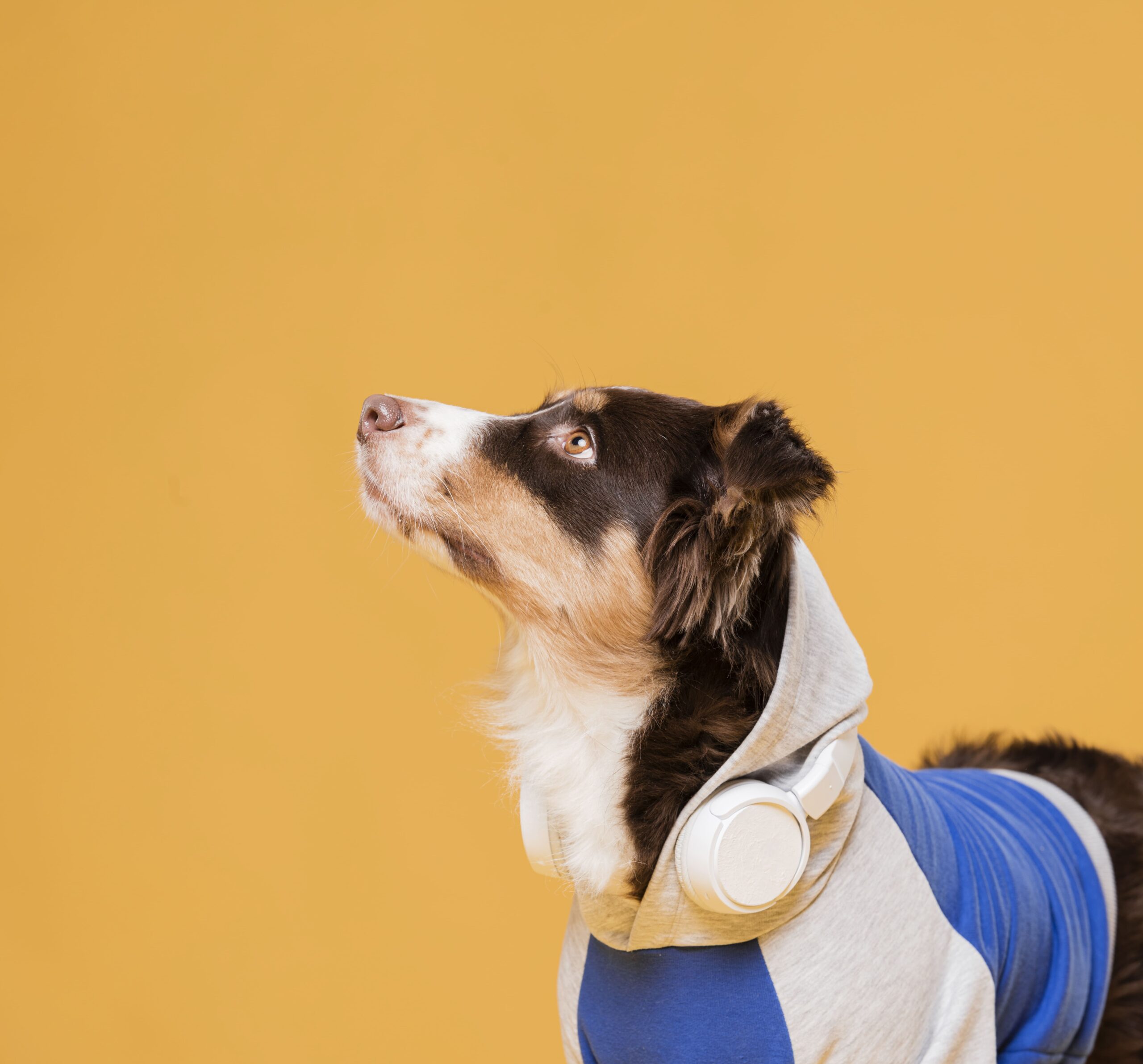As winter approaches, it’s crucial to prepare your home to ensure your pets stay warm, safe, and comfortable. The colder months can present unique challenges for pet owners, from managing indoor heating to ensuring pets are safe during icy conditions. Here’s a comprehensive guide to preparing your home for winter with pets.
Creating a Warm and Comfortable Environment
- Heating and Insulation:
- Maintain a Warm Indoor Temperature: Keep your home at a comfortable temperature for your pets, ideally between 68-72°F (20-22°C). Avoid extreme temperature fluctuations.
- Insulate Your Home: Ensure your home is well-insulated to retain heat. Seal any drafts around windows and doors to prevent cold air from entering and warm air from escaping.
- Use Pet-Friendly Heating Solutions: Consider using pet-safe heating pads or beds designed to provide additional warmth. Ensure they have automatic shut-off features to prevent overheating.
- Cozy Bedding:
- Warm Bedding: Provide your pets with warm, cushioned bedding. Place beds away from drafts and cold floors. Opt for materials that retain heat, such as fleece or memory foam.
- Elevated Beds: Consider elevated beds to keep pets off cold floors. These beds can help protect pets from drafts and provide a more comfortable sleeping environment.
Pet-Proofing Your Home for Winter
- Safe Heating Appliances:
- Use Protective Covers: If you use space heaters, ensure they have protective covers to prevent pets from getting burned. Always supervise pets around heating appliances.
- Secure Fireplaces: Use fireplace screens or gates to keep pets away from open flames. Ensure ashes are disposed of safely to prevent accidental ingestion.
- Toxic Winter Plants and Decorations:
- Avoid Toxic Plants: Be aware of winter plants that are toxic to pets, such as poinsettias, holly, and mistletoe. Opt for pet-safe alternatives or artificial versions.
- Secure Decorations: Ensure holiday decorations, such as tinsel and ornaments, are out of reach. These can be hazardous if ingested or cause injuries if broken.
Nutrition and Hydration
- Winter Diet Adjustments:
- Monitor Food Intake: Pets may require more calories in winter to maintain their body heat, especially if they spend time outdoors. Consult your veterinarian for dietary recommendations.
- Hydration: Ensure pets have access to fresh, unfrozen water at all times. Dehydration can be a risk even in colder months, so check water bowls regularly.
Outdoor Safety Measures
- Paw Protection:
- Paw Care: Ice, snow, and salt can cause irritation and injury to your pet’s paws. Use pet-safe ice melts and regularly check and clean their paws after outdoor walks.
- Boots and Paw Balm: Consider using pet boots or applying paw balm to protect your pet’s paws from cold surfaces and harmful chemicals.
- Cold Weather Gear:
- Coats and Sweaters: Short-haired breeds, elderly pets, and small animals may need extra protection against the cold. Invest in well-fitting coats or sweaters to keep them warm during outdoor activities.
- Reflective Gear: As days get shorter, ensure your pet is visible during early morning or evening walks. Use reflective collars, leashes, and jackets to enhance visibility.
Indoor Activities and Mental Stimulation
- Indoor Exercise:
- Interactive Toys: Keep pets entertained with interactive toys and puzzle feeders that stimulate their minds and provide physical exercise.
- Indoor Play: Create indoor play areas where pets can run, jump, and engage in their favorite activities. Set up tunnels, obstacle courses, or use laser pointers for fun indoor exercise.
- Training and Enrichment:
- Training Sessions: Use the winter months to focus on training and reinforcing good behavior. Short, daily training sessions can keep pets mentally engaged and well-behaved.
- Enrichment Activities: Rotate toys and introduce new enrichment activities to keep pets stimulated. Hide treats around the house or use scent games to engage their senses.
Health and Wellness
- Regular Vet Check-ups:
- Winter Health Check: Schedule a veterinary check-up before winter sets in. Ensure your pet is in good health and discuss any specific winter care needs with your vet.
- Vaccinations and Parasite Control: Keep your pet’s vaccinations up to date and continue parasite prevention, as some pests can still be active during winter.
- Skin and Coat Care:
- Regular Grooming: Maintain a regular grooming routine to keep your pet’s coat healthy. Brush their fur to remove loose hair and prevent matting.
- Moisturizing: Winter air can be dry, causing skin irritation. Use pet-safe moisturizers or consult your vet for recommended products to keep their skin hydrated.
Emergency Preparedness
- Winter Emergency Kit:
- Pet Emergency Kit: Prepare a winter emergency kit that includes extra food, water, medications, and a warm blanket for your pet. Ensure you have a first aid kit with pet-specific supplies.
- Power Outage Plan: Have a plan in place for keeping your pet warm and safe during power outages. Consider battery-operated heaters or extra blankets.
- Travel Safety:
- Safe Travel Practices: If traveling with your pet, ensure they are secured in a carrier or with a pet seatbelt. Never leave pets unattended in a car during extreme weather conditions.
- Identification: Ensure your pet has updated identification tags and is microchipped in case they get lost during winter activities or travel.
Conclusion
Preparing your home for winter with pets involves taking proactive steps to ensure their comfort, safety, and well-being. By creating a warm environment, safeguarding against hazards, and providing mental and physical stimulation, you can help your furry friends enjoy the winter season. Remember, a little extra care goes a long way in keeping your pets happy and healthy during the colder months.
Embrace the winter season with your pets by making thoughtful preparations and creating a cozy, safe haven for them. With these tips, you and your pets can look forward to a joyful and stress-free winter.


